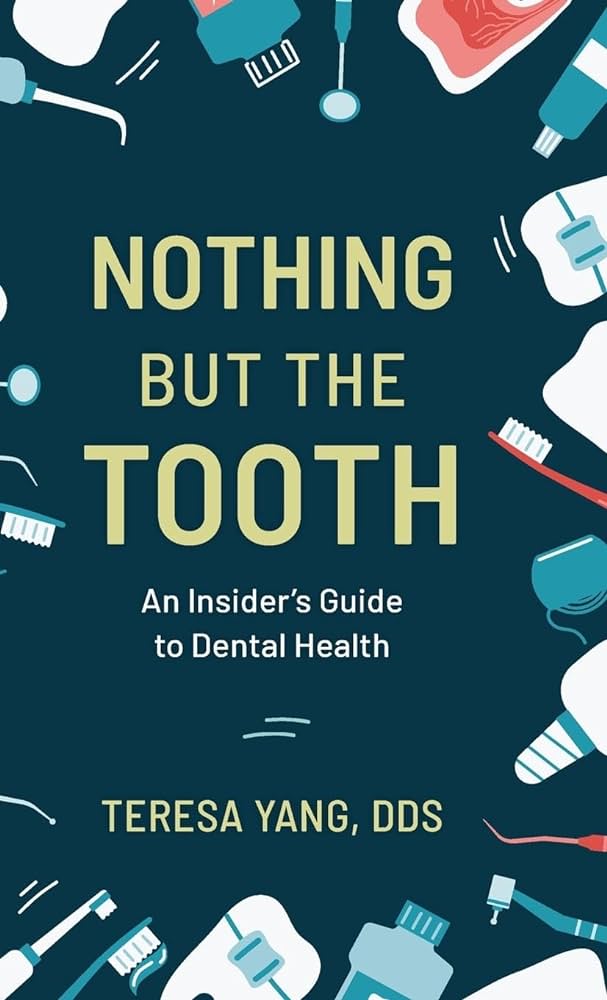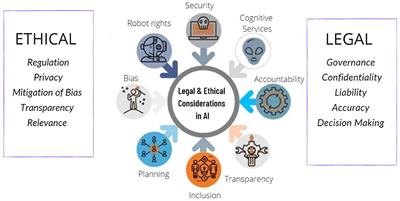Introduction
Dental ethics play a crucial role in ensuring the well-being and trust of patients. As a patient, it is important to have a clear understanding of dental ethics to make informed decisions about your oral health. This article aims to shed light on the key aspects of dental ethics that every patient should know.
The Importance of Informed Consent
One of the fundamental principles of dental ethics is obtaining informed consent from patients. This means that before any dental procedure, your dentist should explain the treatment, its potential risks, benefits, and alternatives. You have the right to ask questions and fully understand the proposed treatment plan before giving your consent.
Confidentiality and Privacy
Your dental records and personal information should be treated with utmost confidentiality. Dentists are bound by ethical guidelines to maintain patient privacy and only share information with your consent or when required by law. Knowing that your personal information is secure allows you to trust your dentist and share any concerns openly.
Professional Competence
When seeking dental care, it is essential to ensure that your dentist is competent and qualified to perform the required procedures. Dental professionals have a responsibility to maintain their knowledge and skills through continuing education. You can inquire about your dentist’s qualifications and certifications to ensure you receive quality care.
Avoiding Unnecessary Procedures

Ethical dentists prioritize the well-being of their patients and aim to provide necessary treatments. They should not recommend or perform unnecessary procedures solely for financial gain. If you have doubts about a recommended treatment, seek a second opinion to ensure it is truly necessary for your oral health.
Transparency in Pricing
Understanding the cost of dental treatments is crucial for patients. Ethical dentists provide transparent pricing information, including the breakdown of costs and any potential additional charges. This allows you to make informed decisions about your dental care and avoid unexpected financial burdens.
Avoiding Discrimination
Dental professionals should treat all patients with respect and without discrimination. They should not refuse treatment based on factors such as race, gender, religion, or disability. If you feel discriminated against, it is important to report the incident to the appropriate authorities.
Summary
Dental ethics encompass a set of moral principles and standards that guide the behavior and decision-making of dental professionals. These ethics are designed to prioritize patient welfare, autonomy, and justice. Understanding dental ethics is essential for patients as it helps establish trust and ensures that their rights and well-being are protected during dental treatments.
In this blog post, we will explore various aspects of dental ethics, including the importance of informed consent, confidentiality, and the duty of care. We will also discuss the ethical considerations surrounding treatment options, patient rights, and the responsibilities of dental professionals towards their patients.
By gaining insight into dental ethics, patients can actively participate in their treatment decisions, ask relevant questions, and hold their dentists accountable for ethical practices. It empowers additional resources patients to make informed choices about their oral health and promotes a positive dentist-patient relationship based on trust and mutual respect.
- Q: What are dental ethics?
- A: Dental ethics refers to the moral principles and values that guide the behavior and decision-making of dental professionals.
- Q: Why are dental ethics important?
- A: Dental ethics ensure that patients receive proper care, respect, and confidentiality from dental professionals, promoting trust and maintaining high standards in the dental field.
- Q: What are some common ethical issues in dentistry?
- A: Common ethical issues in dentistry include patient confidentiality, informed consent, appropriate treatment, professional competence, and maintaining a professional relationship with patients.
- Q: How can I ensure that my dentist follows ethical standards?
- A: You can ensure that your dentist follows ethical standards by choosing a licensed and reputable dentist, asking questions about their ethical practices, and seeking a second opinion if you have concerns.
- Q: What should I do if I suspect unethical behavior from my dentist?
- A: If you suspect unethical behavior from your dentist, you should consider discussing your concerns with them directly or filing a complaint with the appropriate dental board or regulatory authority.
- Q: How can I protect my rights as a dental patient?
- A: To protect your rights as a dental patient, you should educate yourself about your dental treatment, ask questions, give informed consent, maintain open communication with your dentist, and seek a second opinion if needed.

Welcome to my website! My name is Noah Keating, and I am a dedicated and passionate Dental Assistant with extensive experience in the field. I am thrilled to share my knowledge and expertise with you through this platform, focusing on topics such as Dental Ethics, Gum Grafting, Toothpaste, and Root Canals.



